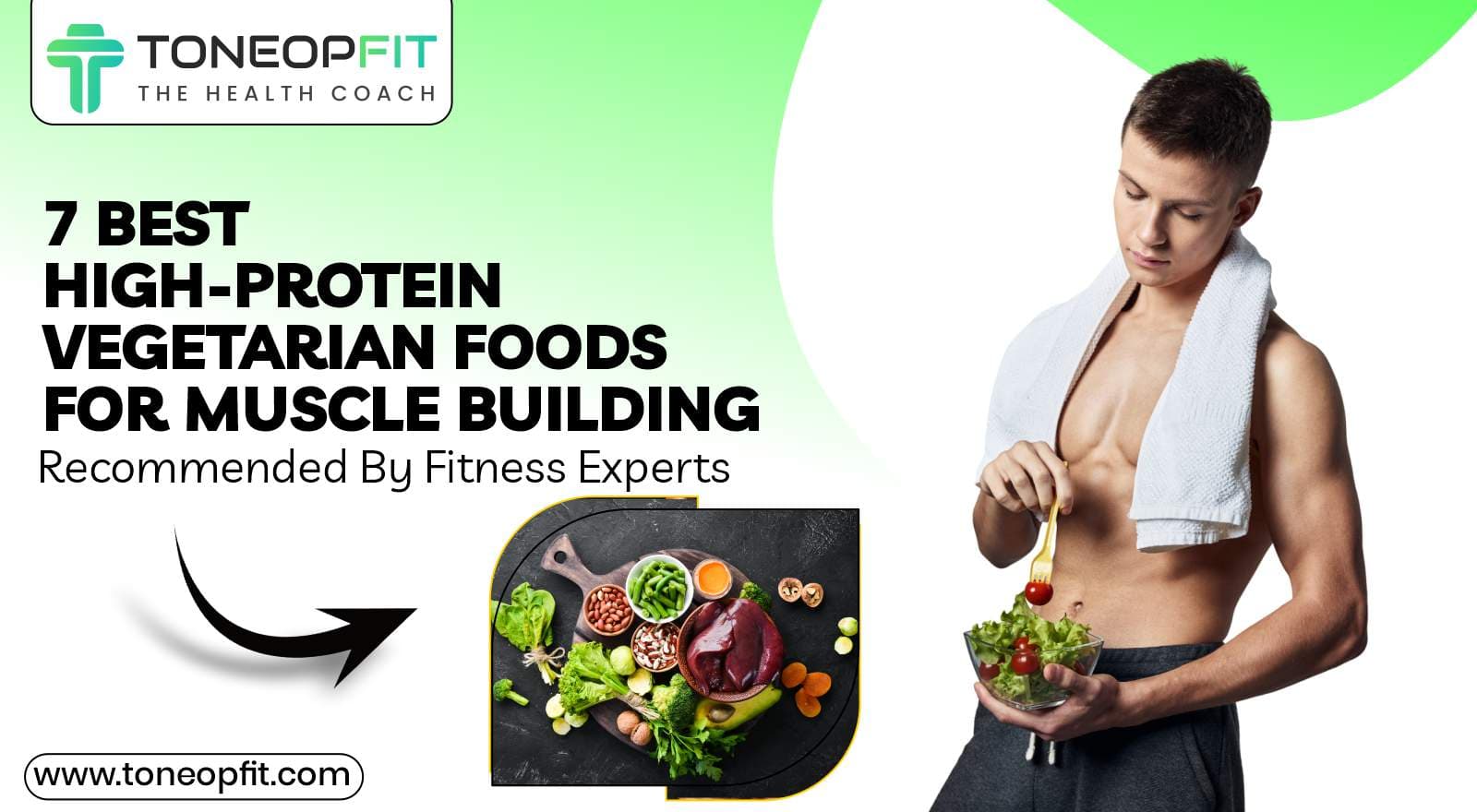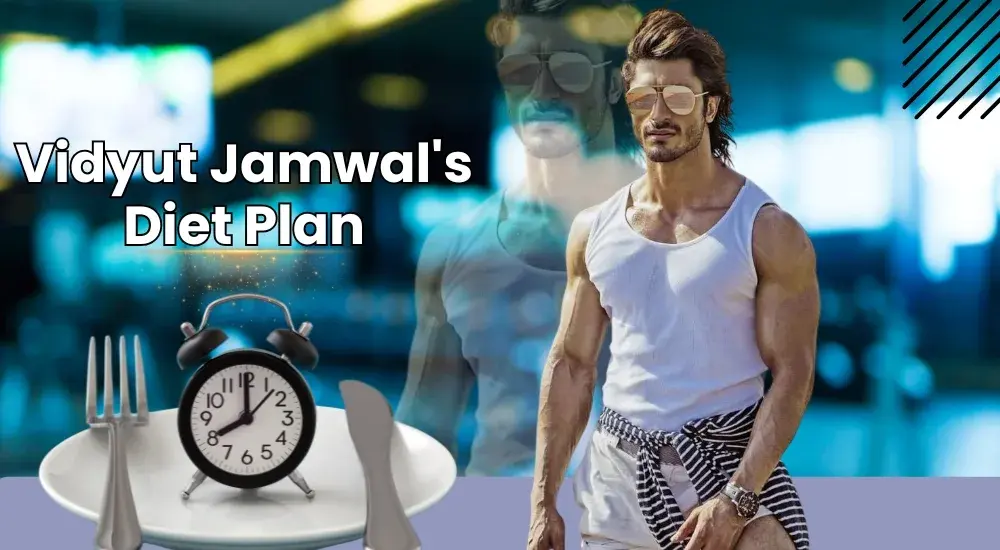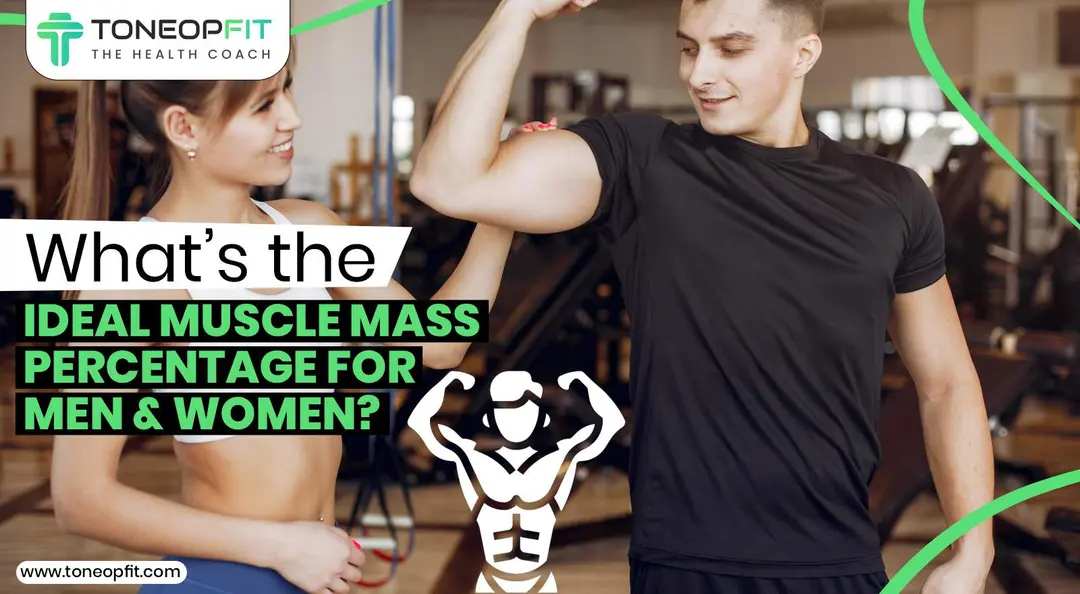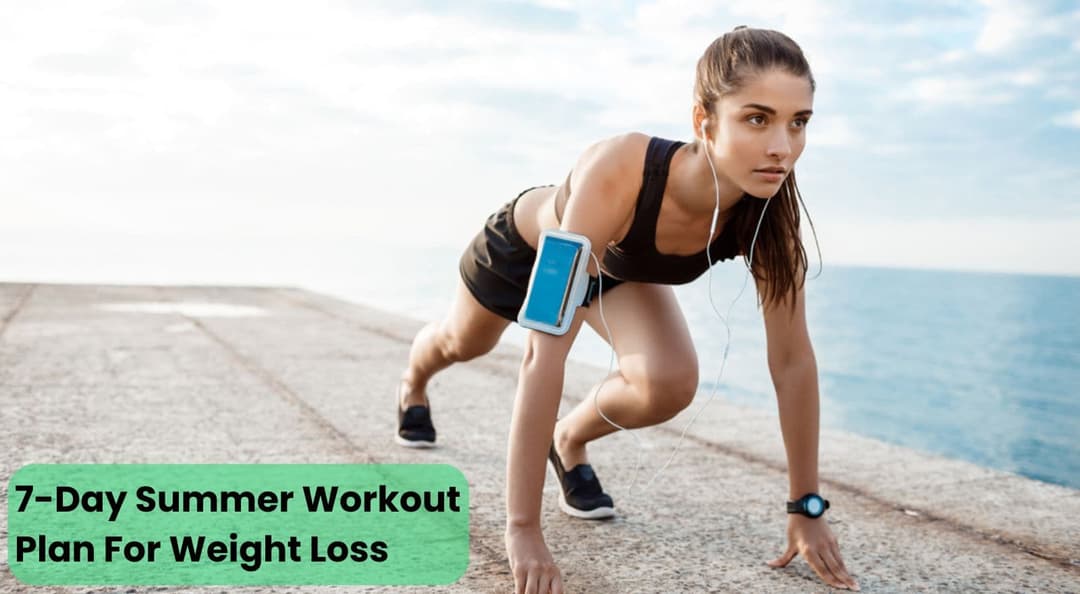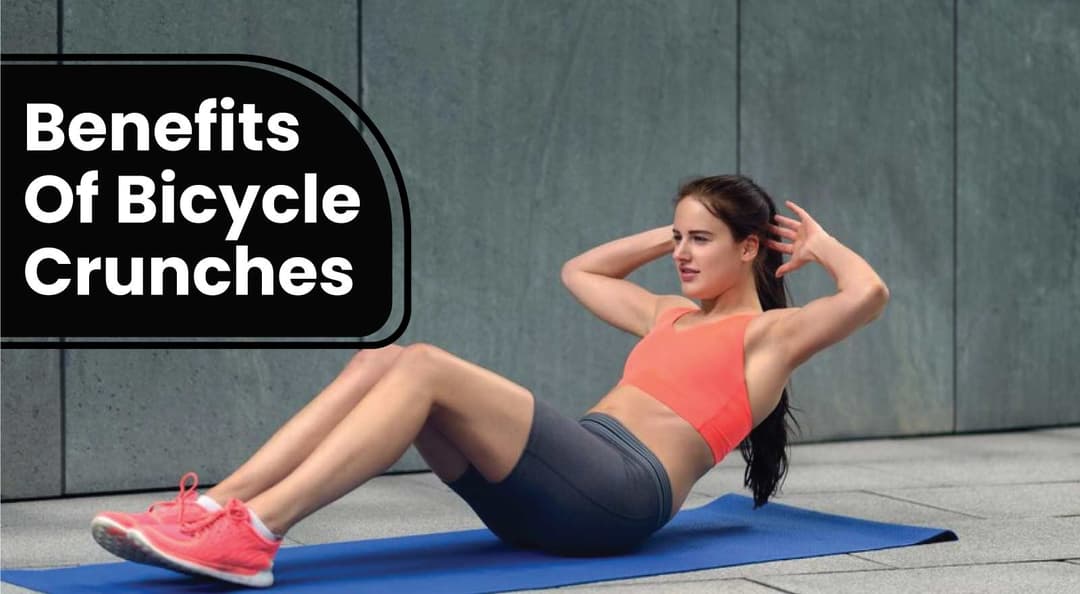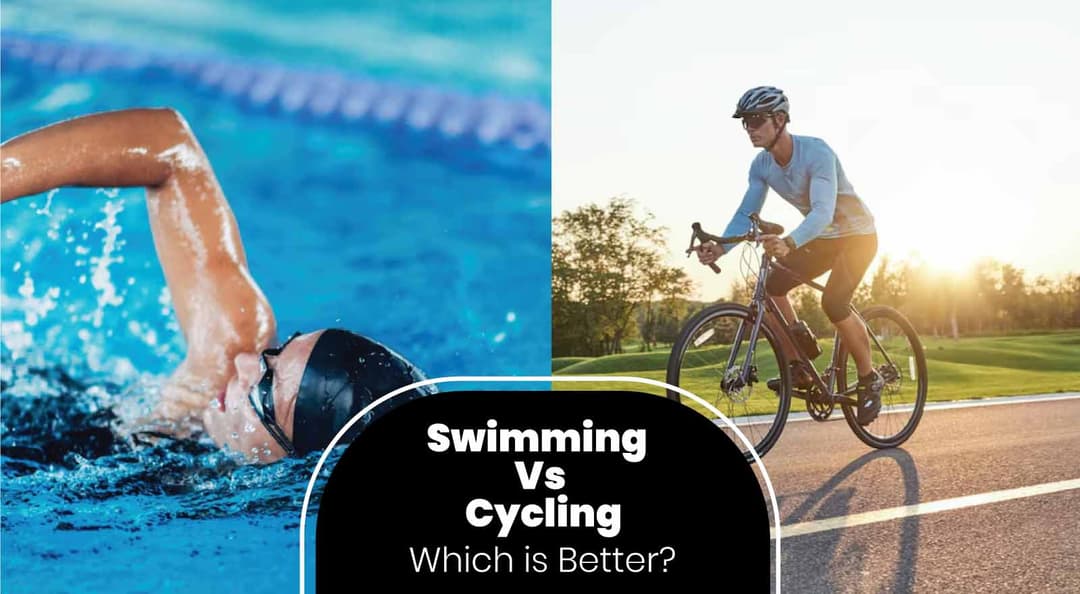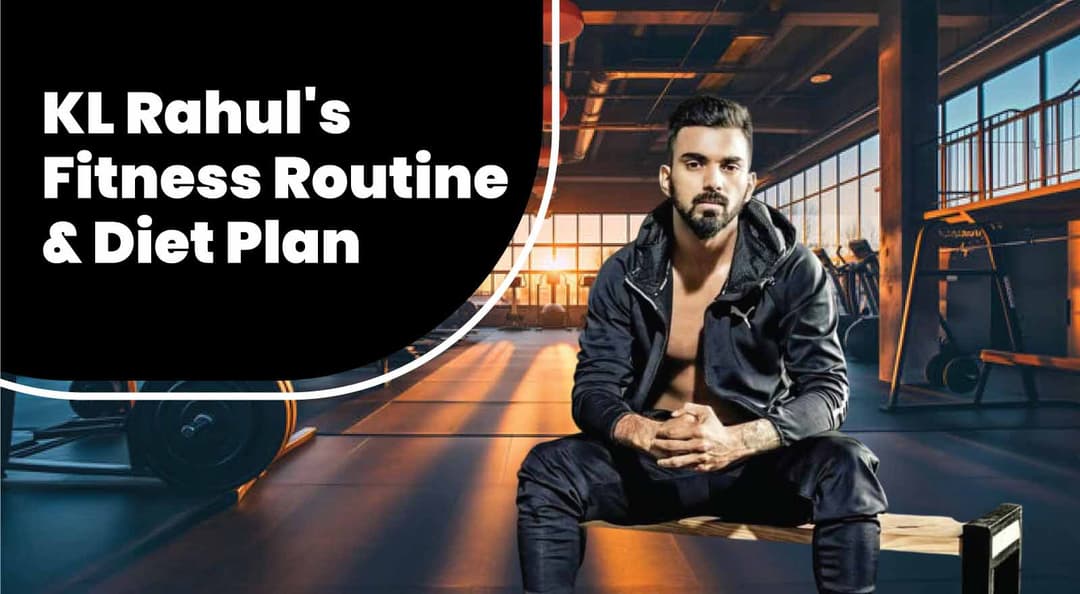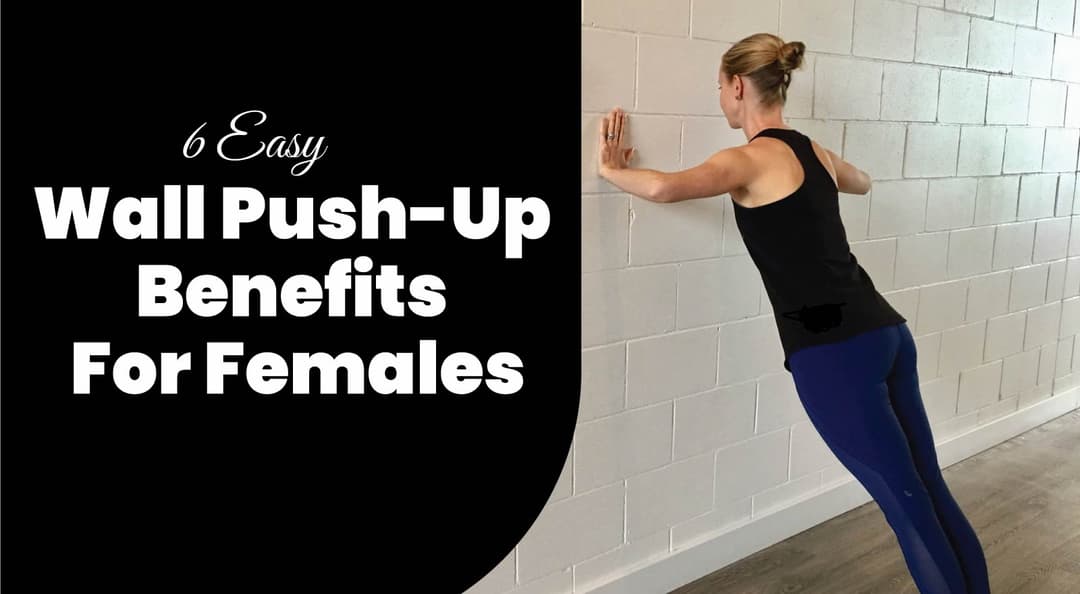If you’re a vegetarian who’s working tirelessly in the gym to build some muscle, then managing a high-protein diet can seem challenging. While it’s true that non-vegetarians have it easier in the protein department, that absolutely does not mean that you can’t meet your protein requirements for muscle building!
First things first: yes, non-vegetarian foods like chicken, eggs, and fish are highly efficient for one’s protein intake as these sources contain a high amount of protein for fewer calories and nearly no carbs. Finding that in vegetarian foods is difficult. However, there’s no need to be discouraged because we’re dedicated to helping you in your muscle-building journey while only eating vegetarian foods!
Keep reading this blog to discover the best, high-protein vegetarian foods for muscle building that you can add to your diet and fill your muscles.
Table of Contents
- Which Vegetarian Food Is Best For Muscle Gain? 7 High-Protein Vegetarian Foods For Muscle Building
- How To Get 70g of Protein From Vegetarian Foods in India? 7 Meal High Protein Vegetarian Diet Plan For Muscle Gain
- Dietitian’s Recommendation
- The Final Say
- FAQs
- References
Which Vegetarian Food Is Best For Muscle Gain? 7 High-Protein Vegetarian Foods For Muscle Building
Here is a list of all the best vegetarian food to give you the much-needed protein:
1. Milk & Milk Products
Milk is a source of quality protein that is packed with calcium, phosphorus, CLA, and other essential nutrients. Both casein (a slow-digesting protein that offers a steady release of amino acids to muscles) and whey proteins are found in milk, making it an essential part of high-protein vegetarian diets. The fat in milk is also important as it provides essential fats that our body needs, and CLA, a type of fat found in milk, can aid in burning belly fat.
Here's an overview of the protein and calorie content of various dairy products based on typical serving sizes:
| 1. Milk (250ml) |
|
| 2. Paneer (100g) |
|
| 3. Curd (100g) |
|
| 4. Greek Yoghurt (100g) |
|
| 5. Mozzarella Cheese (1 slice, approx. 28g) |
|
| 6. Buttermilk (240ml) |
|
Also Read: 6 Best Yoghurts For Weight Loss: Protein, Probiotics & The Path To A Healthier You
2. Soy & Soy Products
Men are often advised to eliminate soy protein from their diet due to its testosterone-lowering and estrogen-rising qualities. However, the fact is that a normal amount of soy protein will not affect male hormones.
Being rich in branched-chain amino acids (BCAAs), soy is an excellent plant-based protein that you shouldn't shy away from. Apart from being rich in protein, soy products are highly digestible and a rich source of omega-6, fibre, iron, calcium, etc. When consumed within the recommended limit (20g per day), soy protein is as good for men as for women. However, men should avoid going over that limit per day.
Here's an overview of the protein and calorie content of various soy products based on typical serving sizes:
| 1. Soy Milk (250ml) |
|
| 2. Tofu (100g) |
|
| 3. Tempeh (100g) |
|
| 4. Edamame (1/2 cup, cooked = 100g) |
|
| 5. Soy Yoghurt (100g) |
|
| 6. Soy Protein Isolate (1 scoop = 30g) |
|
Also Read: Protein Weight Loss Calculator: The Secret to Losing Weight Without Starving
3. Legumes/Lentils/Beans
Although pulses and legumes are incomplete proteins (they do not have all nine essential amino acids), they are a major source of protein for vegetarians and are a staple in most Indian households. They are rich in complex carbs and are loaded with fibre, potassium, magnesium, B vitamins and other essential nutrients.
Here’s a breakdown of the protein and calorie content for common legumes, lentils, and beans based on a standard serving size of 100 grams, cooked:
| 1. Lentils |
|
| 2. Chickpeas |
|
| 3. Black Beans |
|
| 4. Kidney Beans |
|
| 5. Pinto Beans |
|
| 6. Navy Beans |
|
| 7. Green Peas |
|
| 8. Black-Eyed Peas |
|
| 9. Mung Beans |
|
| 10. Soybeans |
|
Also Read: Protein Powder For Non-Gym Goers: 5 Types, Benefits, Myths And Ways To Include In Diet!
4. Roasted Chana
Roasted chana, also known as roasted chickpeas, is a crunchy, satisfying snack that’s packed with protein and fibre. Full of nutrients, it supports digestion and provides an energy boost without the added calories or unhealthy fats.
The versatile legume offers a good combination of protein and complex carbohydrates. This combination provides sustained energy and helps muscle recovery, especially after intense training. Sattu, a flour made from roasted gram, is also a very rich source of energy and protein and can be used to prepare various high-protein vegetarian recipes and mixed in rotis.
| Roasted Chana (30g): |
|
| Sattu (30g): |
|
5. Quinoa
Unlike legumes and lentils, quinoa is a complete protein. You can easily swap pasta and rice for quinoa to make high-protein vegetarian meals for muscle-building and decrease the carb content. Additionally, it also contains magnesium, which is essential for muscle relaxation and recovery.
| Quinoa (1/4 cup dry, approx. 43g): |
|
Also Read: Is Quinoa Good For Diabetes? Your New Favourite Superfood With Low GI & High Protein
6. Nuts & Seeds
Nuts like almonds, walnuts, and cashews are not only delicious and crunchy but also packed with protein and healthy fats. These nuts also contain essential micronutrients, but overconsumption can contribute to weight gain. Similarly, high-protein seeds like flaxseeds are rich in protein, fibre, and omega-3 fatty acids, making them a great addition to yoghurt, oatmeal, or smoothies for a nutritional boost.
Here’s the protein and calorie content for common nuts and seeds based on a 28g serving:
| Almonds |
|
| Walnuts |
|
| Cashews |
|
| Pistachios |
|
| Hazelnuts |
|
| Flaxseeds |
|
| Chia seeds |
|
| Pumpkin seeds |
|
| Sunflower seeds |
|
| Hemp seeds |
|
7. Whey Protein Powder
Whey protein is usually the top choice for vegetarian fitness enthusiasts. Whey, derived from milk, is a fast-absorbing, water-soluble protein that offers quick nourishment to muscles. A typical serving of 30 grams (one scoop) provides 20-30 grams of protein, depending on the brand.
By the way, did you know that even if you eat a high-protein diet, not all of it may be absorbed in your body? But, with a few simple steps, as mentioned in this article, you can increase the absorption of protein!
How To Get 70g of Protein From Vegetarian Foods in India — High Protein Vegetarian Diet For Muscle Gain
To help you with your vegetarian high-protein diet, ToneOp’s expert dietitians have curated the following diet plan that will give you more than 70g of protein per day:
Early morning Protein: 7g | 1 glass lukewarm water with 1 tsp of amla juice & chia seeds + 6-7 almonds ( soaked in milk overnight) & 4 walnuts |
Breakfast Protein: 15-20g | 1 glass smoothie (banana, greek yoghurt & walnut)
Or - 1 glass of milk + 2 tbsp of oats or quinoa & mixed nuts
Or - 2 whole wheat toast with paneer bhurji
Or - 1 bowl sprouts, tofu & vegetables chaat
Or - 2 veg multigrain cheese sandwiches
Or - 2-3 moong dal or besan chilla stuffed with tofu filling & green chutney + 1 glass of milk |
Mid-morning Protein: 7g | 1 glass buttermilk with chia seeds & flax seeds powder + 1 bowl of fruit chaat/seasonal fruit |
Lunch Protein: 24-30g | 1 bowl kidney & kabuli chana salad + 3 missi roti
Or - Peas & tofu brown rice pulao + 1.5 bowl mix dal/moong dal/tofu curry/paneer bhurji + 1 bowl green leafy vegetable |
Evening Protein: 18-34g | 1 bowl Greek yoghurt with fruits & nuts/paneer & palak rolls/whey protein & chia seeds smoothie |
Dinner Protein: 20-30g | 1 bowl vegetables + 1 bowl grilled vegetables & tofu or paneer tikka + 1 bowl pumpkin & lentils soup + 2 jowar or bajra roti |
Bedtime Protein: 8g | 1 glass of milk with turmeric |
Also Read: What’s The Ideal Muscle Mass Percentage For Men & Women? A Guide To Better Body Composition
Dietitian’s Recommendation
As a dietitian, I recommend that you focus on a consistent protein intake throughout the day, aiming for 20-30 grams of protein per meal.
It's also important to time your protein intake every 3-4 hours to support muscle repair and growth while combining strength training with your nutrition plan for the best results.
Dt. Lavina Chauhan
The Final Say
If you're a vegetarian, it's still possible to meet a higher level of protein goal with the right combination of protein-rich plant foods. You can incorporate the many vegetarian protein-rich foods suggested above and enjoy delicious and satisfying meals while getting all the protein your body needs.
FAQs
1. Which dal is high in protein?
Among dals (lentils), moong dal (split green gram) is one of the highest in protein, offering around 14g of protein per cooked cup.
2. What is the best source of protein for vegetarians?
Legumes, tofu, tempeh (fermented soybeans), nuts, seeds, quinoa, cottage cheese, whey protein, skim milk, etc., are excellent sources of vegetable protein.
References
- https://www.healthshots.com/healthy-eating/superfoods/vegetarian-foods-for-muscle-gain/amp
- https://nutrabay.com/magazine/top-vegetarian-protein-food
- https://www.metropolisindia.com/blog/preventive-healthcare/protein-rich-food-for-vegetarians-sources-diet-plan-food-chart
- https://tessietracy.com/habits/more-protein/
- https://www.news18.com/news/indiwo/food-indiwo-7-vegetarian-foods-that-fulfill-your-protein-intake-1570821.html
- https://www.gomacro.com/building-muscle-as-a-vegan/?srsltid=AfmBOorForAEcjPLEGU_IhvDxk-8j7FbFmLDxHAh9kkDXDeBXuxPfA00
- https://www.eatright.org/fitness/sports-and-athletic-performance/beginner-and-intermediate/building-muscle-on-a-vegetarian-diet
About ToneOp Fit
ToneOp Fit is a platform dedicated to improving and maintaining good health through a comprehensive range of goal-oriented health plans with up to 3 Coach support. With a range of Weight Management, Medical Condition, Detox Plans, and Face Yoga Plans, the app also provides premium health trackers, recipes and health content. Get customised diet, fitness, naturopathy & yoga plans and transform yourself with ToneOp.












